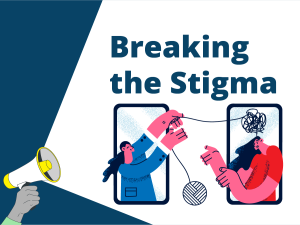Sleep is essential for our overall health and well-being, and its impact on mental health is no exception. When we don’t get enough sleep, our mental health can suffer, leading to issues such as anxiety, depression, and reduced cognitive function. So what’s the connection between sleep and mental health?
The Science Behind Sleep and Mental Health
Studies have shown that sleep plays a crucial role in maintaining good mental health. During sleep, our brain processes emotions, consolidates memories, and regulates stress hormones. Lack of sleep can disrupt these processes, leading to negative effects on mental health. Additionally, poor sleep has been linked to an increased risk of developing mental health conditions such as depression and bipolar disorder.
Sleep Disorders and Mental Health
Sleep disorders such as insomnia, sleep apnea, and restless leg syndrome can significantly impact mental health. For example, insomnia can lead to feelings of anxiety and depression, while sleep apnea can increase the risk of developing dementia. It’s important to address sleep disorders to prevent them from negatively affecting mental health.
Improving Sleep Hygiene for Better Mental Health
Fortunately, there are several ways to improve sleep hygiene and promote better mental health. Establishing a consistent sleep schedule, creating a relaxing bedtime routine, avoiding caffeine and electronics before bedtime, and practicing mindfulness meditation can all help improve sleep quality. Additionally, exercising regularly and exposure to natural light can also positively impact sleep.
Sleep is a vital component of maintaining good mental health. By prioritizing sleep and practicing good sleep hygiene, we can reduce the risk of developing mental health conditions and improve our overall wellbeing. Remember, a good night’s sleep can make all the difference in how we feel and perform during the day.









